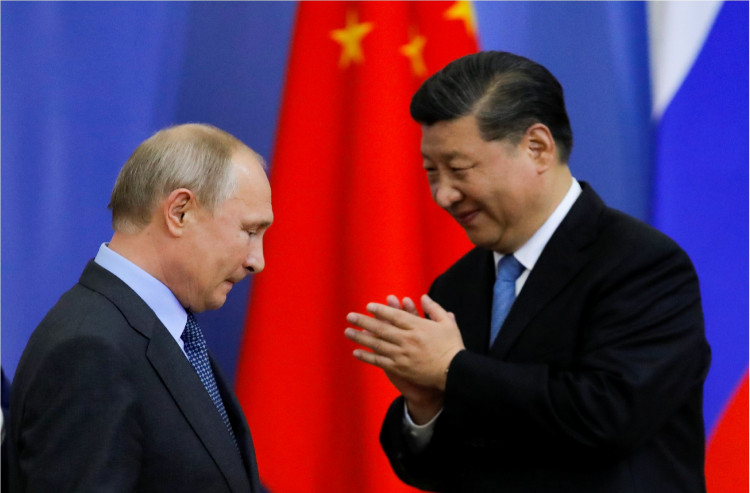A leaked Russian intelligence document has revealed a dramatic divergence between Moscow's public diplomacy and internal national security posture, with the Federal Security Service (FSB) privately labeling China as "the enemy" and warning of growing espionage threats. The eight-page memo, obtained by The New York Times, indicates Russian security services fear Beijing's ambitions extend from espionage in Ukraine and the Arctic to the possible annexation of parts of Russia's Far East, including the port city of Vladivostok.
The document, reportedly authored by a previously undisclosed FSB unit, was likely drafted in late 2023 or early 2024. It accuses China of aggressively recruiting Russian scientists and intelligence officers and exploiting personal vulnerabilities-particularly targeting Russians married to Chinese citizens or studying in China-for covert infiltration.
In a direct contradiction to the high-profile "no-limits partnership" announced by Presidents Vladimir Putin and Xi Jinping in 2022, the document describes a "tense and dynamically developing intelligence battle in the shadows between the two outwardly friendly nations." Russia's counterintelligence service claims Beijing is actively monitoring Russian military activities in Ukraine to study Western weapons and modern warfare techniques.
The FSB also raised alarms about Chinese espionage efforts in the Arctic, alleging that Chinese mining companies and research institutions are used as fronts for intelligence gathering. It warned that China seeks to gain strategic access to the Northern Sea Route and Russian Arctic infrastructure-both critical to future commercial shipping routes connecting Asia and Europe.
Perhaps most strikingly, the report highlights fears that China is laying ideological groundwork for reclaiming Russian territories, specifically referencing Beijing's 2023 directive for maps to include Chinese names for Vladivostok and other cities acquired by Russia through the 1860 Treaty of Peking. The FSB alleges that China's Ministry of Natural Resources is advancing historical claims by emphasizing the presence of "ancient Chinese peoples" in the region.
In response, the FSB launched a classified counterintelligence initiative called "Entente-4" just three days before Russia invaded Ukraine in February 2022. The program called for direct monitoring of Russian citizens closely cooperating with Chinese institutions and increased scrutiny of data flows, including from university partnerships and scientific collaborations.
The memo claims that China's intelligence services regularly subject returning operatives to polygraph tests and closely monitor roughly 20,000 Russian students studying in China. "Chinese intelligence conducts espionage in the Arctic using mining companies and university research centers as cover," the FSB states in the document.
Paul Kolbe, a senior fellow at Harvard's Belfer Center and a former CIA operations officer in Russia, told The New York Times: "To go back to the old adage, there is no such thing as friendly intel services. You don't have to scratch very deep in any Russian military or intel official to get deep suspicion of China. In the long run, China is, in spite of the unlimited partnership and how useful they are, also a potential threat."
Despite the internal turmoil, Russia and China continue to maintain a united front publicly. In May, Putin and Xi signed a joint statement pledging to "further deepen" their partnership following talks in Moscow. Neither the Kremlin nor Beijing has issued a public response to the leaked FSB memo.






